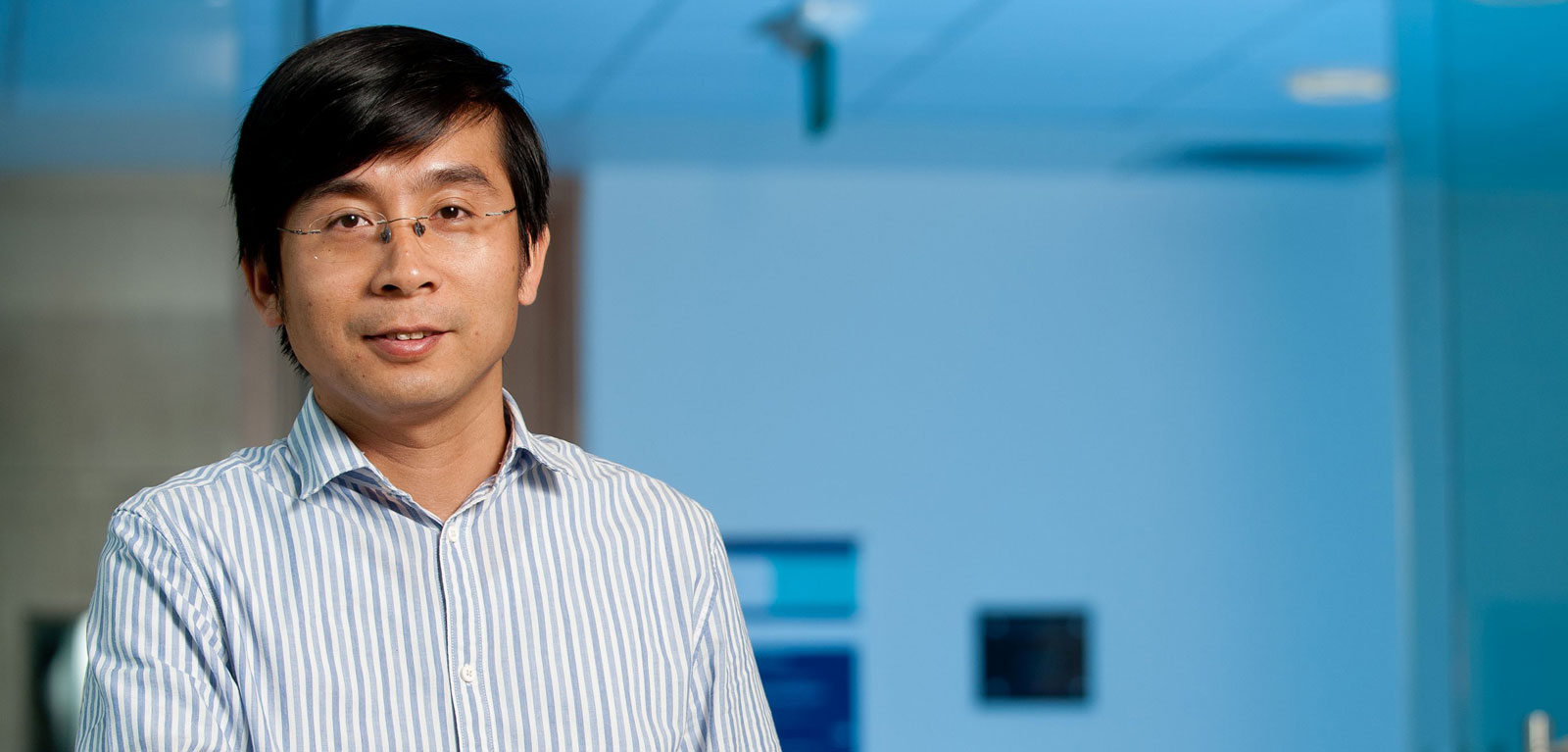Queen’s academic awarded five-year prestigious Research Chair to develop 6G
An academic from Queen’s University Belfast has been awarded a five-year prestigious Research Chair from the Royal Academy of Engineering to study 6G.

Professor Trung Duong, from the Centre for Wireless Innovation (CWI) at Queen’s University, believes that while each new cellular generation concentrates on faster data rates compared to the previous, 6G will depart from this by focusing not only on faster speeds for traditional services, but also on a massive interconnection of autonomous machines with stringent low-latency constraints.
Professor Duong’s research will provide an opportunity to go beyond 5G and towards 6G in a number of important respects to harmonise and integrate wireless communications, data transfer, radar and imaging, where high bandwidth and near-zero latency is crucial. Nokia Bell Labs will be an active collaborator in the proposed project. It is hoped that the collaboration will also bring streams of external funding and will lead to enhanced opportunities for academic and research staff to work on ground-breaking research.
Professor Duong said: “Wireless communications and associated digital technologies have been shaping our planet in an unprecedented way – not least in the current battle against COVID-19. Increasingly, we live in an interconnected, smart, globalised society in which the physical and information worlds are inextricably linked. The ever-increasing number of wireless and mobile devices requiring ultra-reliable and low-latency functionality is generating an exponential growth in data traffic – a 10,000-fold growth is predicted to occur by 2030.
“Our rapidly changing world is currently undergoing a ‘fourth industrial revolution’ that is currently being driven by 5G communications and cyber-physical systems. My driving passion is to take that revolution forward into the next decade and for 6G to enable a future that benefits all of society – eg remote medical diagnosis and surgery, autonomous self-driving vehicles, virtual and augmented reality for education, healthcare and entertainment and all within smart, safe cities, and disaster management.”
